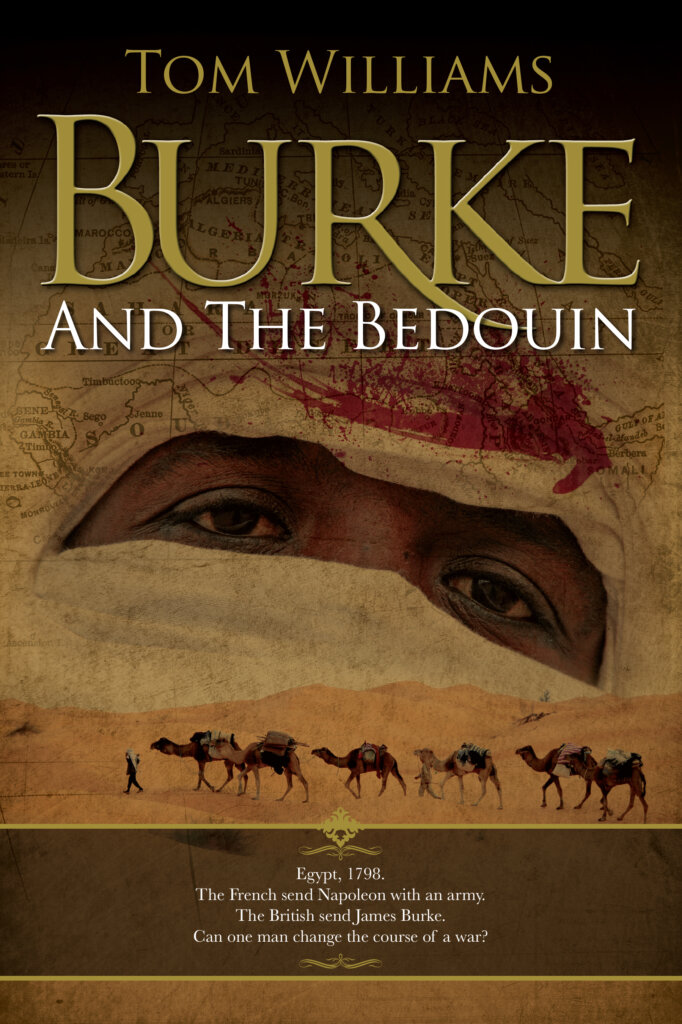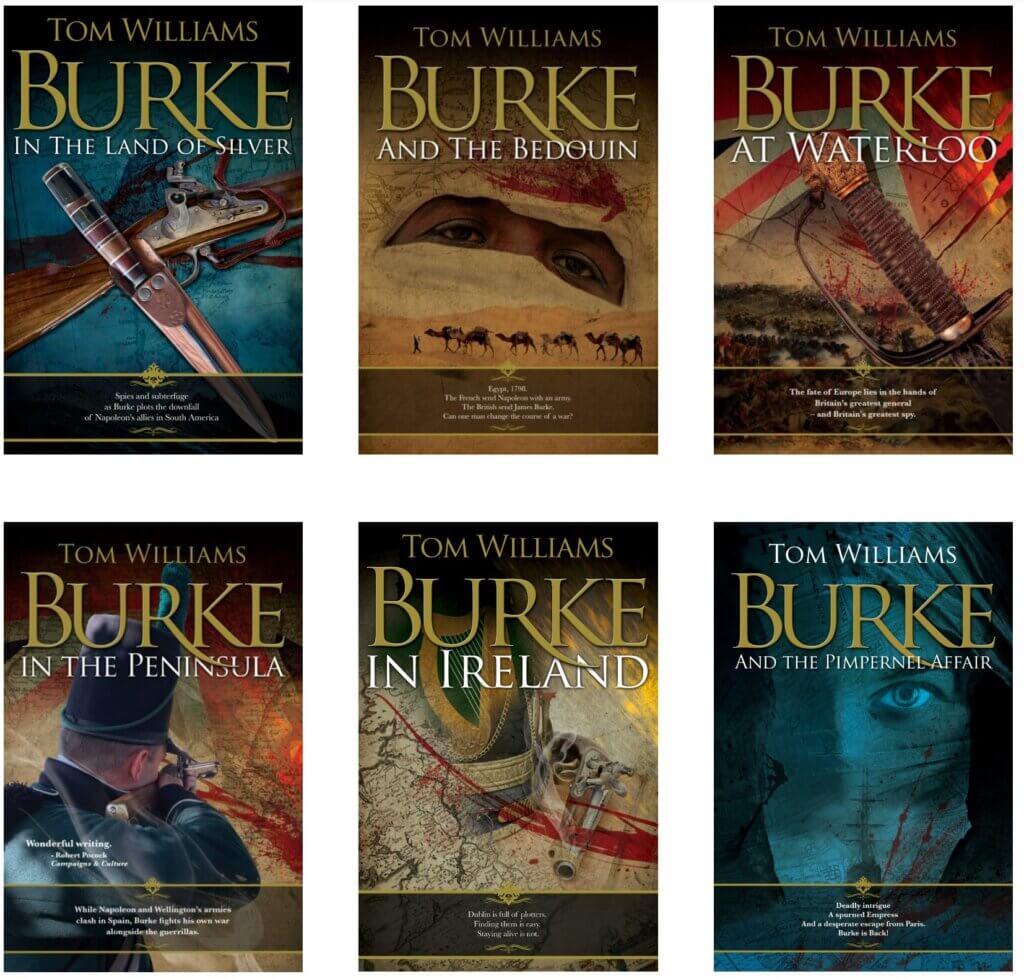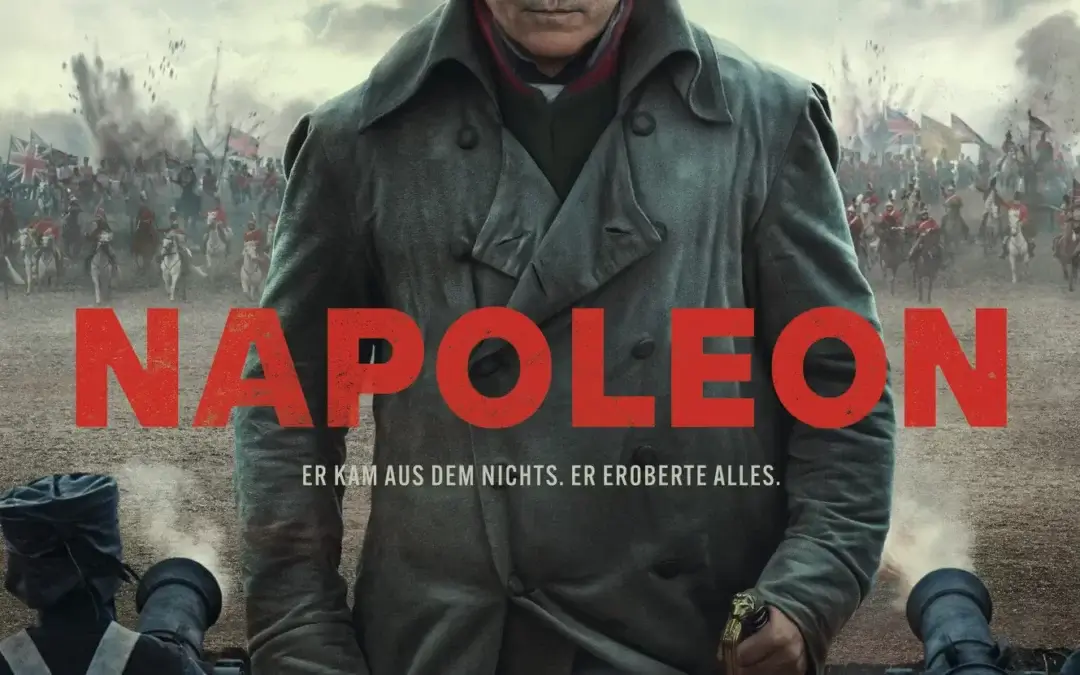I’m back from watching Napoleon and, given that many of the people I know (and thousands of those I don’t) will be rushing to share their views, I thought I’d join in.
Is it a good movie? I thought so (though my partner, who watched it with me, was not convinced). It is a wonderful piece of cinema. The fact that we watched it on a huge IMAX screen helped. It is, in every sense, a big film and worth catching in the cinema. Waiting for it to turn up on Apple TV may be a mistake.
What it isn’t is a film about Napoleon, the historical character. It’s best viewed as a romantic drama loosely based on the characters and events of Napoleonic France. There’s no point in playing every historian’s favourite game of ‘spot the mistakes’. They start in the first few minutes of the film, which are so determinedly ahistorical as to suggest that Ridley Scott is making it plain that this is not a conventional historical drama. This is historical entertainment for a generation brought up on the Amazon version of Vanity Fair or on Downton Abbey.
I enjoyed it because I liked the interpretation of the romance of Napoleon and Josephine. Josephine has a significant role in my book Burke and the Pimpernel Affair, so I’m interested in her character, but I do not claim to be an expert. The way the relationship is shown in the film seemed credible to me even if some of the details did not. How you feel about Scott’s take on Napoleon and Josephine’s marriage will probably define how you feel about the film as a whole because everything else is subordinated to it. Most notably, Napoleon abandons his army in Egypt not because of the military and political imperatives that drove him back to Paris but because Josephine has been having an affair. Whilst it’s true as Ridley Scott points out, that I — and other, better, historians — weren’t there, so what do we know? it seems implausible, especially as the affair had been flagrantly started back when Napoleon was on campaign in Italy.
Napoleon’s military achievements are sketched out simply as a background against which to tell the story of his romance. Even the Russian campaign is presented mainly through letters home telling her how much he’s missing her. Yes, he was married to Marie-Louise of Austria by then, but, as far as the film is concerned, it’s still all about Josephine. Marie-Louise is introduced in one scene, produces a son in the next and is then never seen again. Josephine is given more screen time holding the heir than his mother.
When I say the military achievements are ‘sketched out’, I’m being generous. While the battle scenes are enormous, there a very few of them. We get a quick sketch of Toulon, then straight on to the Battle of the Pyramids. (That’s one battle I do know about because it features in Burke and the Bedouin and it’s fair to say that Scott’s depiction of it has hardly any details in common with the real thing.) We get wonderful aerial shots of Austerlitz and then we’re retreating from Moscow. In the next scene (literally) we’re abdicating. (The abdication document is easily available online, so I’m not sure why even that detail doesn’t look quite right, but I’m trying not to quibble.)
The strangest editorial decision is the way that the Battle of Waterloo is represented. It’s entirely understandable that Scott isn’t concerned with what historical purists think about the representation of the other battles, but Waterloo is a famous battle in film, as well as history books. Why Scott has decided to present such an idiosyncratic and, let’s face it, wrong picture of the battle is a mystery. I was really looking forward to the battle of Waterloo and ended struggling to watch.
After that, it’s just an interview with Wellington aboard the Victory (standing in for the Bellerophon and confusing my partner, who may not be a Napoleon buff but who recognises the most famous ship of the time in Britain) and then St Helena where he is shown sitting in the garden and rewriting history before apparently dropping dead on camera, ahistorical to the last.
So, yes, a good movie but not a great movie, and a horrible waste of a wonderful story.

James Burke and Napoleon
My James Burke books are all set during the Wars with France and Napoleon is the big bad wolf behind most of the plots, but only once do we see the man himself. That’s in Burke and the Bedouin, which has a rather better account of the Battle of the Pyramids than Ridley Scott offers, as well as a thrilling story of derring-do in the desert. It features the Battle of the Nile, too.
To encourage everyone to get a better picture of what Napoleon was doing in Egypt, Burke and the Bedouin is just 99p on Kindle until 29 November.
The Battle of Waterloo also features in the series in the unimaginatively titled Burke at Waterloo. You get the Battle of Quatre Bras and an assassination plot against the Duke of Wellington thrown in.
Josephine fans may enjoy Burke and the Pimpernel Affair, which is a relatively light-hearted romp with a prominent role for the Empress.



Great review. It’s a very peculiar movie. I agree with you, I liked the scenes with Josephine and Napoleon; the battles felt generic and not particularly well designed. Waterloo especially was a letdown.
Hopefully the movie will at least get more people interested in reading about the era. Who knows? Maybe the movie people will come looking to adapt your books for the screen! 🙂
Thank you. I enjoyed your review too (https://ruinedchapel.com/2023/11/24/movie-review-napoleon-2023/). It would be nice if it boosted book sales. There seem to be a few people buying ‘Burke at Waterloo (mybook.to/BurkeWaterloo), which does at least have recognisable descriptions of the battle.
Great review. I’m a bit late to the party and haven’t seen it yet, but I’ll let you know what I make of it.